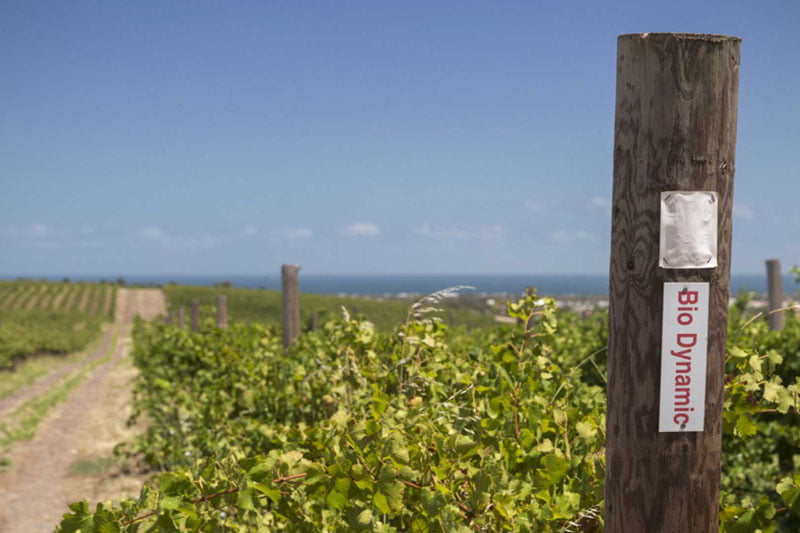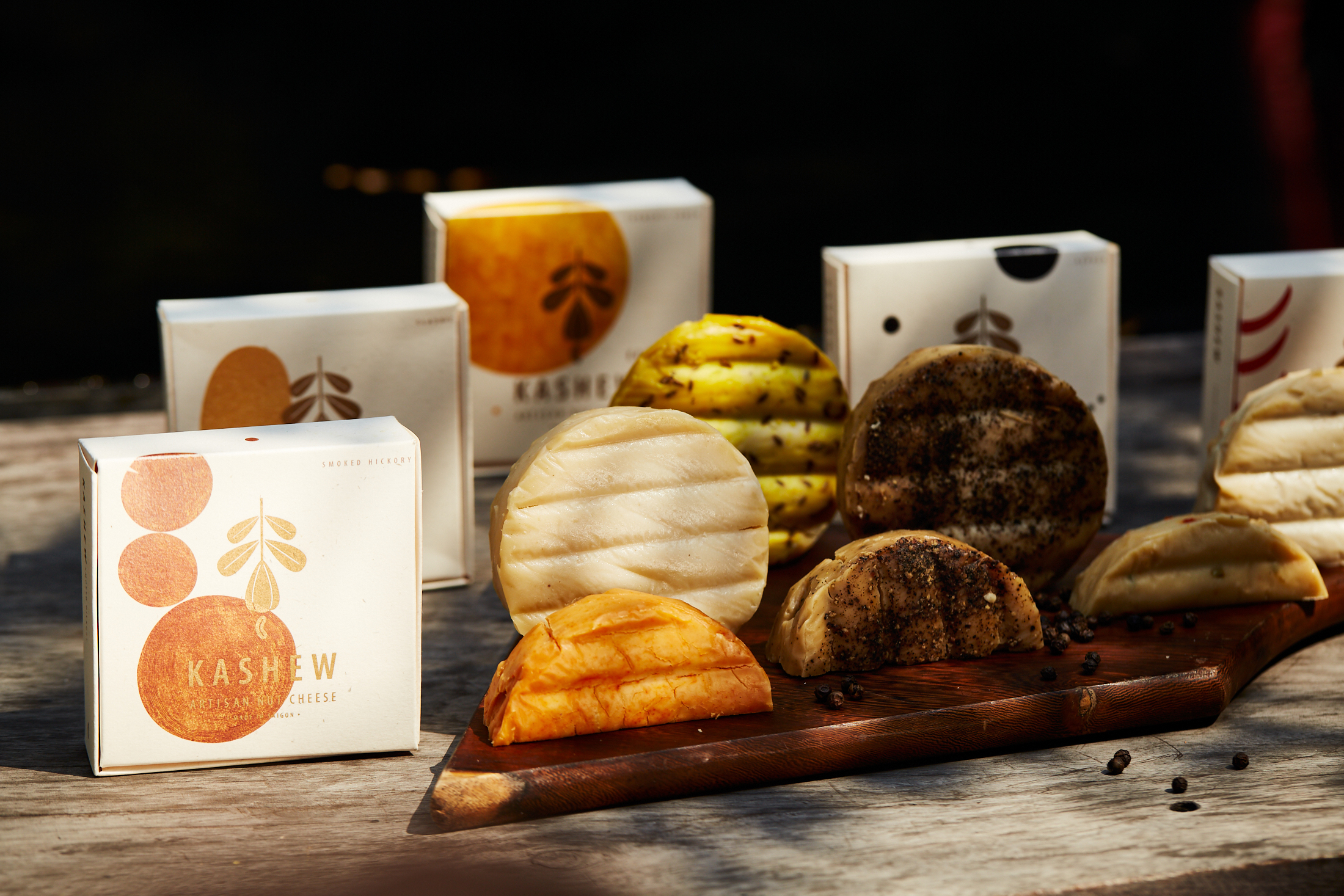Organic biodynamic wine
An exceptional wine adventure started more than 30 years ago in McLaren Vale in South Australia for David Paxton. Along with his family David has been nurturing their own vineyards and have since become internationally recognized for their production of premium quality wines. We decided to take a closer look at their organic wines, which we happened to love. They are also vegan friendly.
“Biodynamics is the most advanced form of organic farming. It uses natural preparations and composts, to bring the soil and the vine into balance, resulting in exceptionally pure and expressive fruit. Healthy vines make better wines.” -David Paxton
In 2011 Paxton became a fully certified organic and biodynamic wine producer which also led to farming without the use of synthetic fertilizers and pesticides. Instead the focus is on promoting a healthy, living soil by using natural compost preparation.
What is Biodynamic Wine?
This answer to this question is best shared directly from the source:
“The foundation of biodynamic farming is soil health. This does not simply mean the adjustment of nutrient levels. Our farming aims to maintain a balanced and diverse population of soil biology. Compost applications initiate conditions favourable to soil micro-organisms which are active in making nutrients available to plants in a natural form. Vegetation and composts are broken down to form humus which improves soil structure and better holds water and nutrients. Irrigation inputs are thus reduced.
Synthetic fertilisers and pesticides which damage the soil biology are not used which allows the natural system to operate without interruption. Weeds are controlled by straw mulching or careful machine weeding. Increased soil activity has a flow on effect. The earthworm population increases rapidly and greater volumes of soil are aerated and made available for exploration by plant roots.
The farm is seen as a whole organism rather than a series of problems to be solved individually. It is the intention that PAXTON vineyards mimic the characteristics of a natural system. In this endeavor we seek to promote diversity and allow natural balance to counter the effects of pests or disease. New vineyards are propagated from our old, existing vines rather than using identical clonal material. This maintains the subtle differences between each vine and produces wines of greater individuality.”
We previously touched on the impact bees have on crops and the ecosystem in general (read it now). Although bees do not have a direct impact on growing wine, they are what we call super pollinators. Bees will significantly enhance the cross pollination which is extremely important for any crop. Creating an environment incorporating bee hives has proven to be an effective way to improve the grape pollination and seed production which is why Paxton have bee hives throughout their vineyard.
As we see with our partner farms, various flowers and plants are used in farming without pesticides. Some plants will attract certain bugs and others will discourage certain bugs and thereby protect the crop in a natural sustainable way. It is all about keeping the ecosystem in balance. The same thoughts and methods apply to all organic farmers around the world.
For more about Paxton wines: https://paxtonwines.com/
Email: info@bynature.vn
Website: bynature.vn




